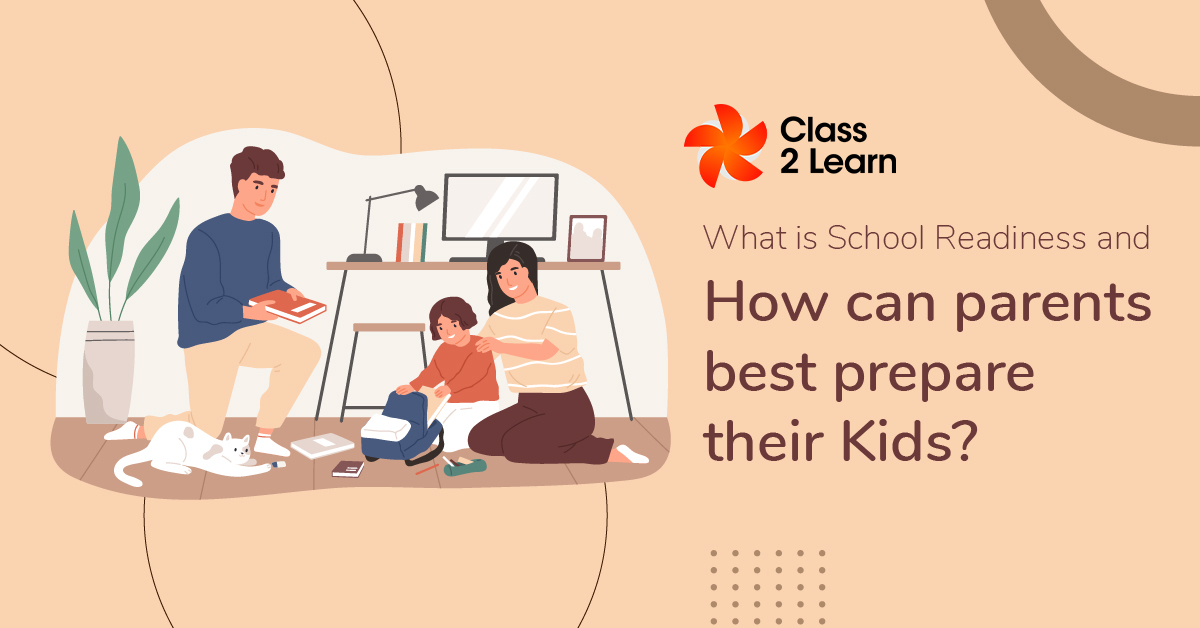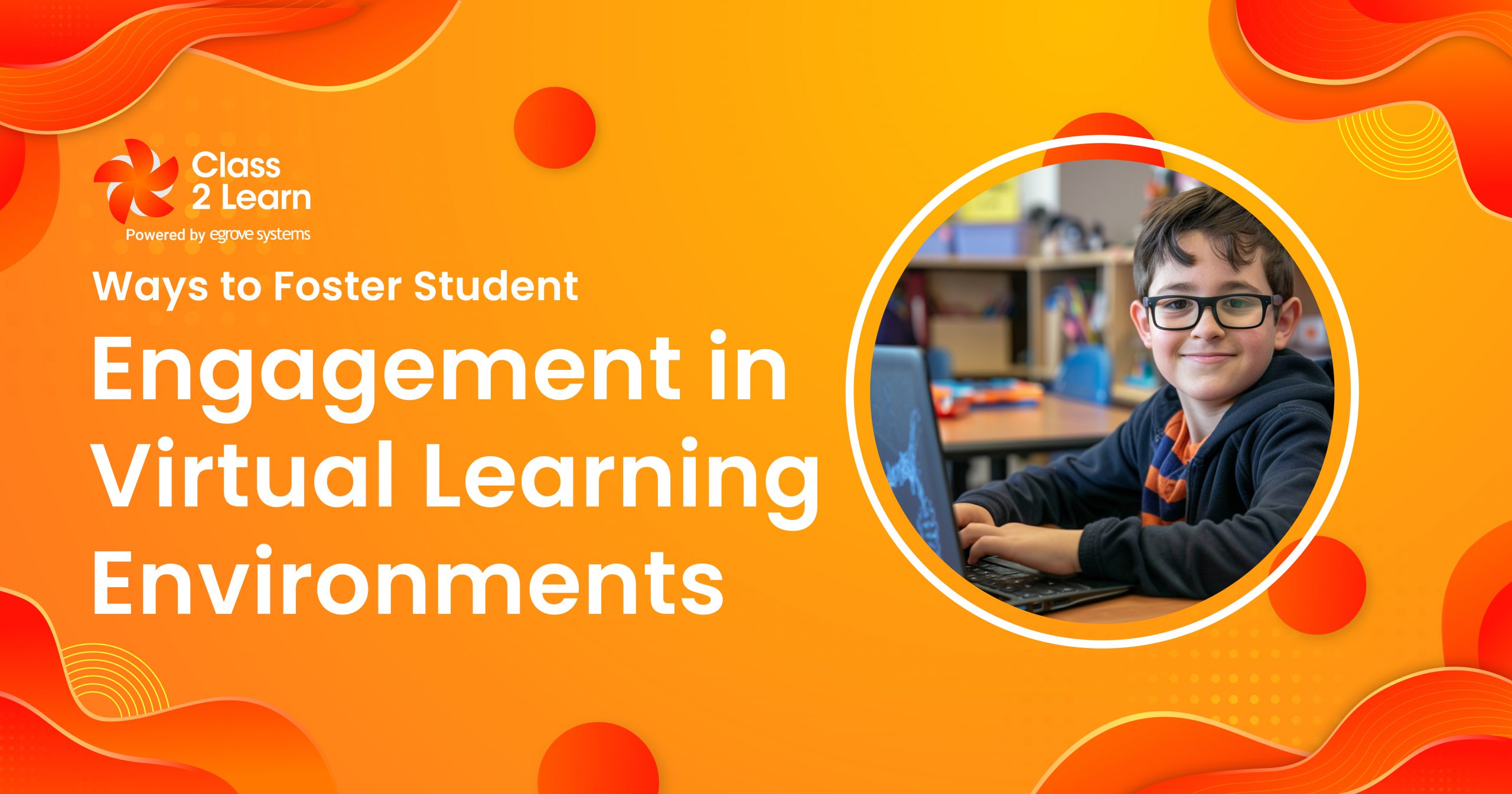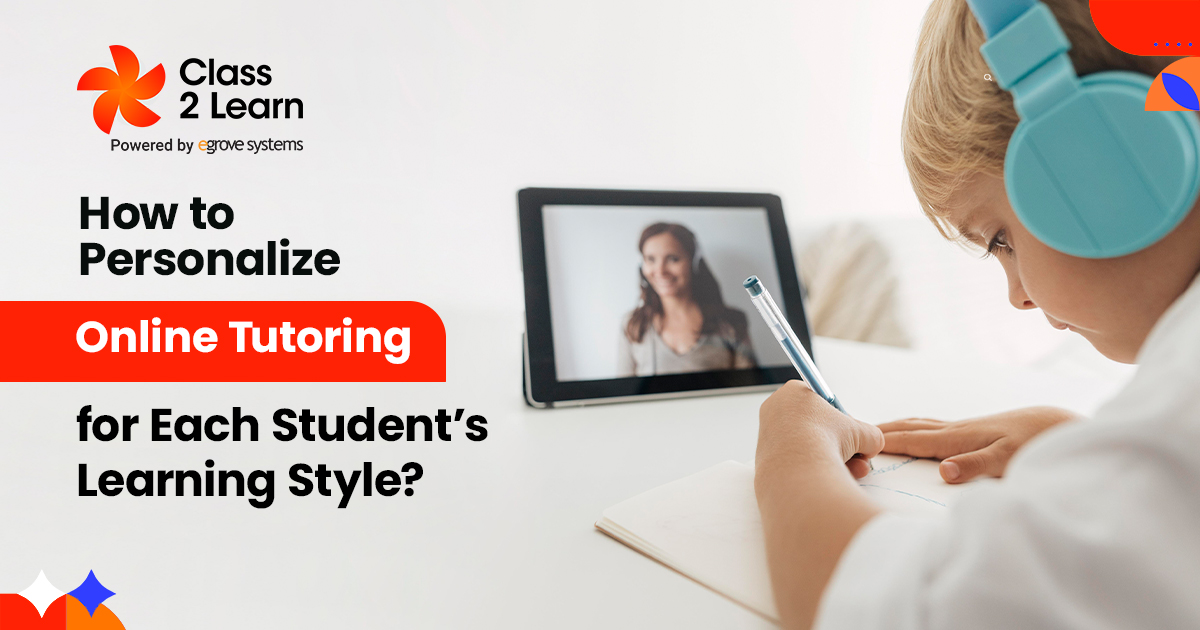Parents of young children about to go to school naturally have a great deal of concern about whether their children are prepared to succeed in a school environment. School readiness is a complex process that requires significant parental involvement, and it’s become a major area of study to determine what makes incoming students truly ready for their first experience in school. With the importance of early years to later success educationally, understanding and ensuring school readiness for kids is a priority for parents.
What is School Readiness?
The condition of being ready for school and a learning environment that will allow students to study enough to succeed academically is known as school readiness. The education departments of at least 16 states and the District of Columbia employ a legal definition of school readiness. The following aspects of child development are included in Minnesota’s definition of “school readiness”: social, self-regulation, cognition, comprising language, literacy, mathematical thinking, and physical.
School readiness considers whether children are ready for school if schools can support children in the learning process and whether families can provide a supportive environment for their children. It is a multifaceted process that is influenced by all of these groups to maximize the student’s ability to thrive in a school setting.
Adjusting to a School Environment
One of the most common issues in school readiness is preparing children to be physically present at school. Over half of the parents and kindergarten teachers in a 2018 study from the International Journal of Progressive Education cited fear of leaving home and staying without their mother as a problem in the school transition process. Others cited the increase in course content and homework, less play time, and changes in the classroom environment as explanations for student readiness problems.
In the same study, both parents and teachers were found to consider cognitive skills the most important aspect of school readiness, followed by psychomotor skills necessary to perform kindergarten-level learning activities such as writing and drawing. 32 of the 50 in-service teachers considered language skills important compared to only 15 of the 50 parents surveyed.
The participants, especially the teachers surveyed, suggested actions that schools could take to make an adjustment to a school environment easier, most suggesting more play-based learning opportunities and other proposing changes such as “a more comfortable, material-rich first-grade classroom environment.” Parents may feel better about their child’s adjustment if schools do their best to help new students integrate.
What Can Parents Do?
Parents can influence school readiness with several approaches. They can provide developmental education in areas such as math and literacy in advance to give their kids a head start. They can prepare kids for their upcoming school experience and then provide continuing encouragement and support. Making kids emotionally, physically, and mentally prepared for school will avoid difficulties in adjusting that can lead to them falling behind.
Preschool, pre-K, and other formal learning experiences can make a difference in helping children adapt to primary school. Children with experience are less overwhelmed by a first day in school, though it may be longer and more isolated from parents and caregivers.
The social and physical aspects of school readiness are often overlooked by parents; fewer of them defined social skills as part of readiness in the survey referenced above. A study of preschool students in North Carolina published in 2018 in Global Education Review observed the role of outdoor play and complex physical activities such as sports on school readiness. Physical fitness is associated with higher executive function in children.
The relationship was found to be complex: children who didn’t do any complex activities but played outside were more school-ready in proportion to the number of hours they played. Among those who did two activities such as biking or soccer, school readiness slightly rose for those who played outside more, but those who already did three or more activities didn’t benefit from more outdoor play. Parents should try to give their kids more outdoor playtime, and those who are unable to do so can use complex physical activities for good results as well. It’s theorized that the varying demands of attention from complex physical activities can increase
In all, parents should give their kids a head start on the cognitive skills that school will demand from them, but also prepare to acclimate them to a new experience with more structure and discipline apart from their parents. School readiness at a young age prevents children from being left behind and ensures they will have a smooth transition into their academic lives.
Disclaimer: This is the view of the writer, not professional parenting advice.





Add comment